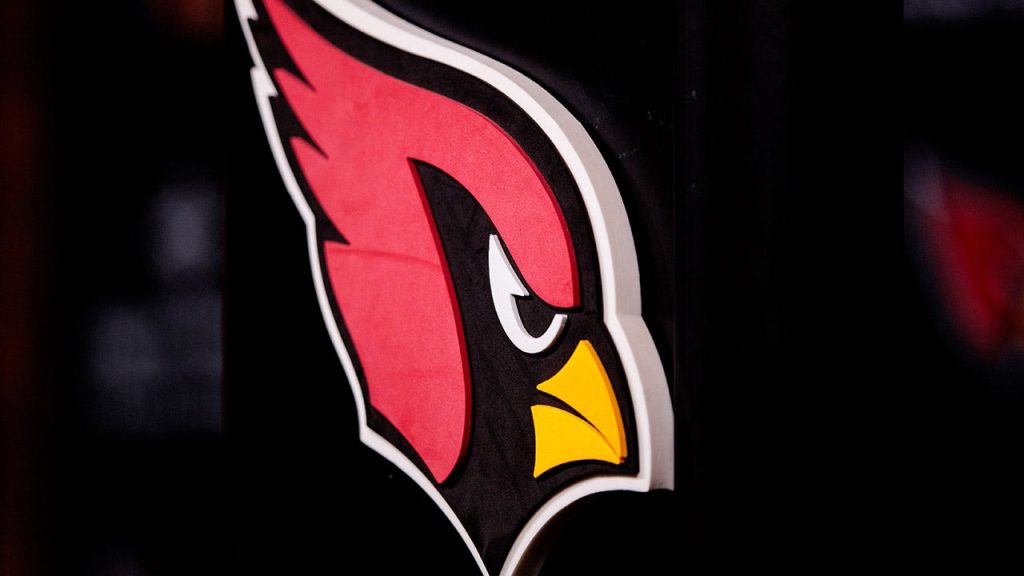The Arizona Cardinals faced backlash on social media after wishing their followers a happy Indigenous Peoples’ Day instead of Columbus Day, as others were celebrating the latter. Arizona is one of the states that observe the second Monday in October as a paid holiday for Columbus Day, but efforts have been made to rename the holiday to Indigenous Peoples’ Day. Last year, Arizona Gov. Katie Hobbs expressed support for a bill to rename the holiday, and cities like Tempe and Phoenix have already established Indigenous Peoples’ Day as a paid holiday. The Cardinals’ decision to recognize and celebrate Indigenous peoples’ resilience, strength, and contributions upset some individuals on social media.
Columbus Day is a federal holiday that commemorates Italian explorer Christopher Columbus’ arrival in the Americas in 1492. President Franklin Delano Roosevelt signed a proclamation in 1934 making Columbus Day a national holiday after lobbying from the Italian American and Catholic communities. However, in recent years, activists have sought to disassociate the day from Columbus by highlighting allegations of colonialism and genocide against indigenous peoples. In response, efforts have been made to celebrate Native Americans and remove Columbus statues from cities, with some statues being toppled during the riots of 2020. President Biden became the first president in 2021 to formally recognize Indigenous Peoples’ Day on the same holiday.
The controversy sparked by the Arizona Cardinals’ social media post reflects the ongoing debate surrounding the celebration of Columbus Day versus Indigenous Peoples’ Day. While Columbus Day has traditionally been recognized as a day to honor Christopher Columbus and his exploration, Indigenous Peoples’ Day aims to celebrate and recognize the resilience, strength, and contributions of indigenous communities. The Cardinals’ decision to acknowledge Indigenous Peoples’ Day instead of Columbus Day highlights the shifting cultural attitudes and the growing emphasis on acknowledging the historical impact of colonialism on indigenous peoples.
As the debate over Columbus Day continues, there is a push for greater recognition of Indigenous Peoples’ Day as a way to honor and celebrate Native American cultures and histories. Efforts to rename the holiday in various states and cities reflect a broader movement to address the legacy of colonization and oppression faced by indigenous communities. The decision by the Arizona Cardinals to recognize Indigenous Peoples’ Day demonstrates a willingness to engage with these challenging issues and acknowledge the importance of celebrating indigenous resilience and contributions.
In recent years, there has been a growing movement to recognize Indigenous Peoples’ Day as a way to highlight the strength and resilience of Native American communities. The decision by the Arizona Cardinals to celebrate Indigenous Peoples’ Day on social media reflects a broader cultural shift towards acknowledging and honoring indigenous cultures and histories. While the debate over Columbus Day versus Indigenous Peoples’ Day continues, the Cardinals’ decision to recognize the contributions of indigenous peoples serves as a reminder of the need to confront the historical injustices faced by Native American communities and work towards reconciliation and healing.


